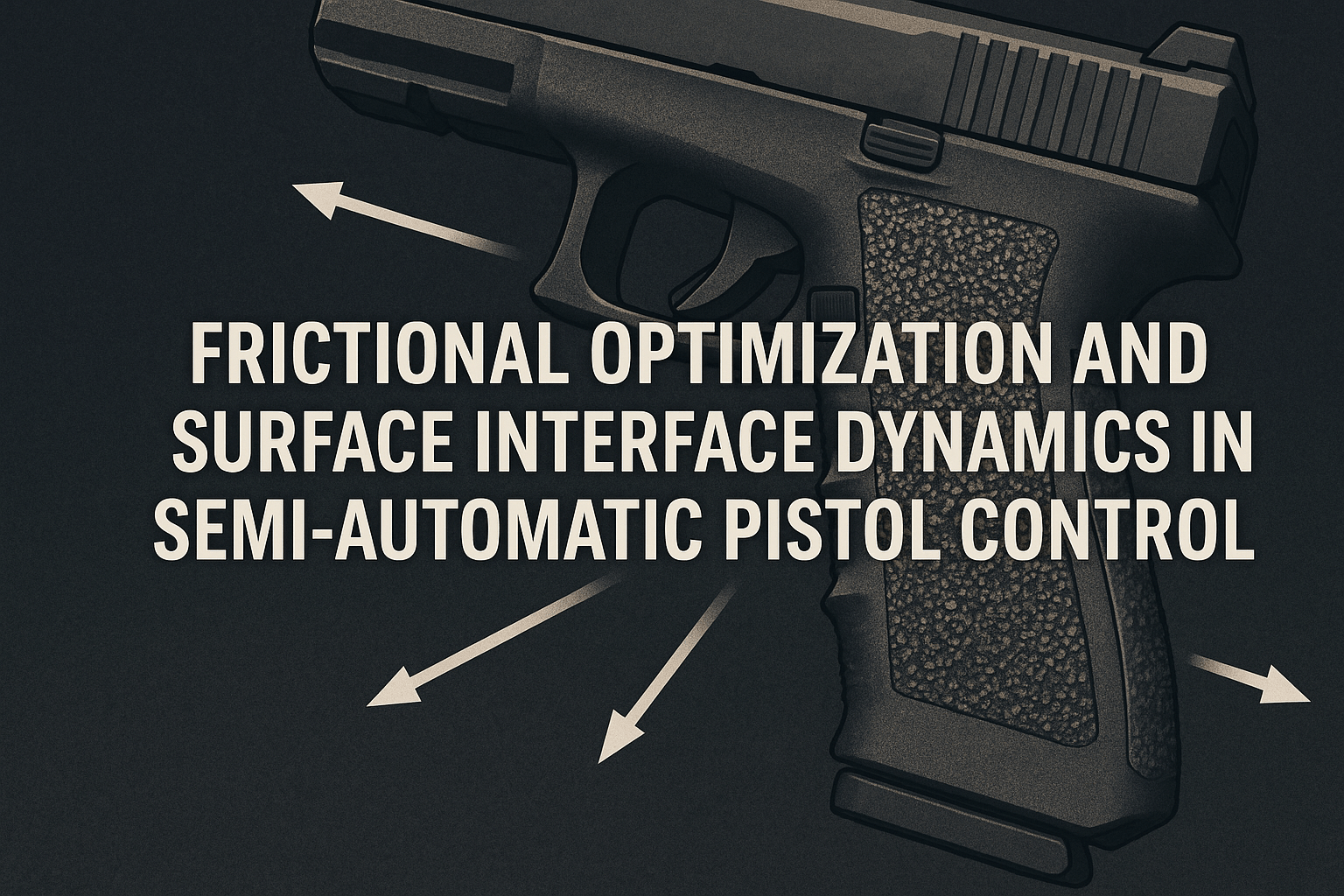When Their Bullet Misses, You Might Pay for It: The Real Weight of Certifying Shooters
You hand them the certificate.
You shake their hand.
They smile, thank you — and walk out the door with a gun, a license, and your name attached to their performance.
Now ask yourself:
If they shoot the wrong person — who answers for it?
If they freeze when it counts — who trained them?
If they kill when they shouldn’t have — whose signature said they were ready?
Welcome to the world of vicarious liability — where an instructor’s credibility can be dragged into court for someone else’s bad day.
Let’s Get One Thing Clear: If You Certified Them, You Own It
Vicarious liability isn’t just some HR term — it’s legal fire aimed at your professional reputation.
It means:
-
You can be subpoenaed.
-
Your training records can be reviewed.
-
Your methods can be cross-examined in front of a jury.
-
Your entire credibility can be weaponized against you in civil or criminal proceedings.
Because when something goes sideways with a gun — they don’t just blame the shooter.
They ask:
“Who trained them?”
You Don’t Just Teach Safety. You Certify Capability.
If you think your job is just teaching trigger discipline and proper stance — you’re in the wrong line of work.
You are certifying a person’s judgment under stress.
You are vouching for their ability to make life-and-death decisions.
You are placing your own name behind the idea that this individual won’t be a danger to others.
And if you’re handing out certs because the check cleared and no one flagged during the class?
You’re not an instructor. You’re a liability multiplier.
Every Signature You Give Is a Legal and Moral Endorsement
I don’t care if your student:
-
Showed up with prior LE credentials
-
Carries every day
-
“Knows guns” because they grew up around them
If they can’t safely run the gun under pressure — you fail them.
If they can’t demonstrate judgment in force-on-force drills — you fail them.
If they’ve got the gear but none of the reps — you. fail. them.
Because the moment you pass them, you’re telling the system:
“I trust this person to carry deadly force responsibly.”
If that turns out to be a lie — it’ll be you explaining it on the record.
The Lawsuit Is Coming — Are Your Standards Defensible?
When a bad shoot happens, attorneys dig deep:
-
Did the instructor teach use of force law?
-
Were decision-making drills included?
-
Was the training documented?
-
Was the instructor certified, updated, and consistent?
They’ll want your lesson plan.
They’ll want your test scores.
They’ll want proof that your course prepared that student to make the right call under extreme pressure.
And if your defense is, “I taught what the state minimum required,”
guess what?
The prosecution will eat you alive.
Final Word: Every Certificate You Sign Is a Loaded Gun Pointed at Your Integrity
You want to be an instructor?
Then act like the lives your students may take — and the lives they may save — are also yours to carry.
Because in the eyes of the law and the court of public opinion?
They are.
Don’t hand out paper.
Forge competence.
Don’t teach for comfort.
Train for court.
And don’t ever sign off on a shooter unless you’re willing to bet your own name, business, and conscience on their decisions under fire.
🧠 Instructors: Want to Bulletproof Your Program?
We train the trainers.
Force-on-force, legal case studies, documentation that stands up in court, and the real-world pressure tests that separate checkbox training from real liability management.
📎 Stop handing out paper. Start certifying performance.
👉 valortec.com





